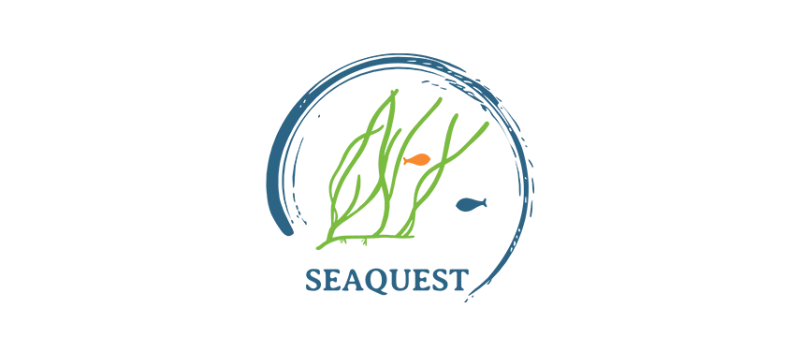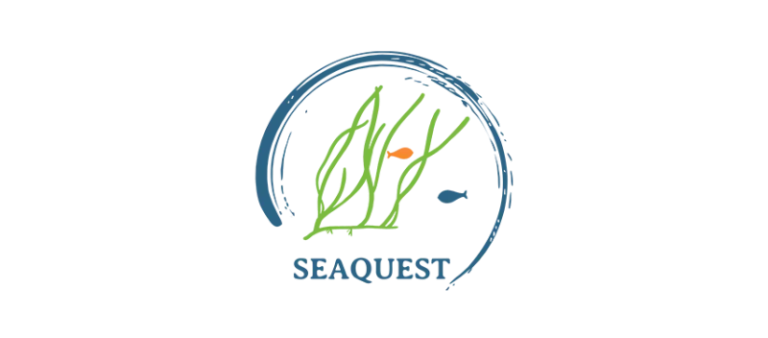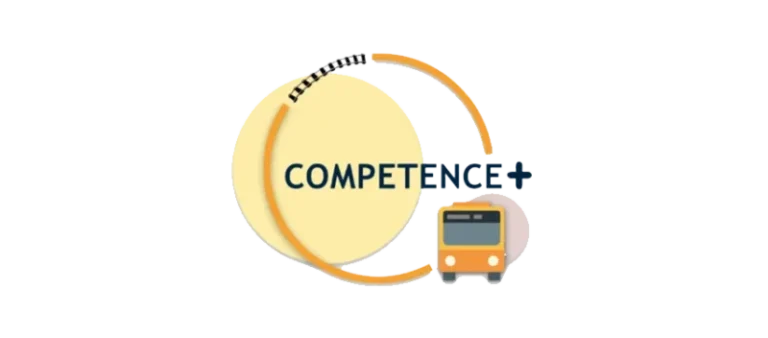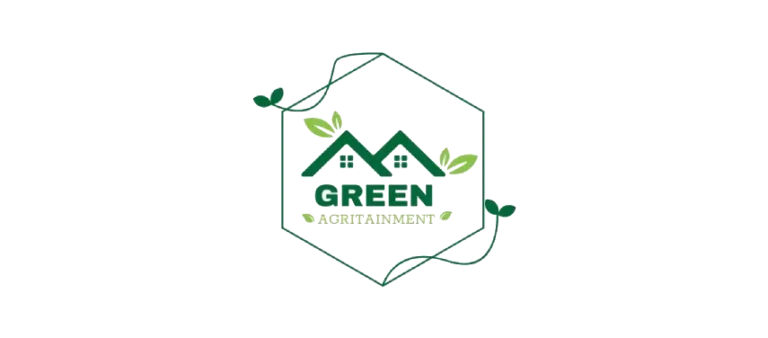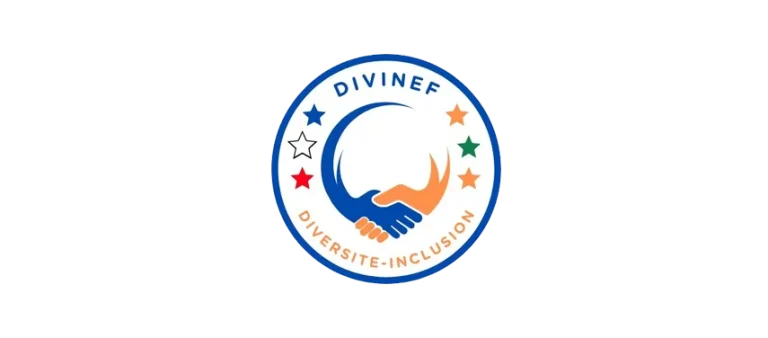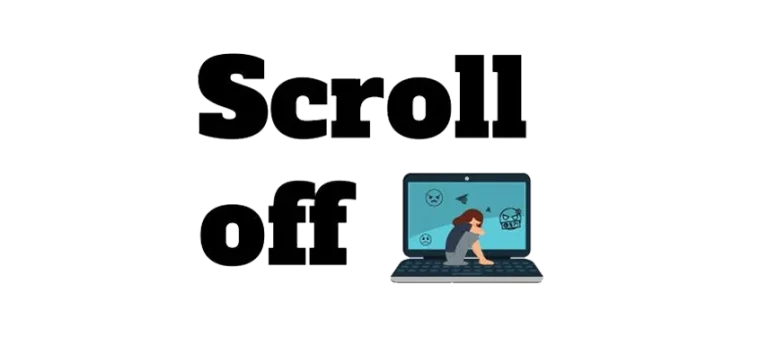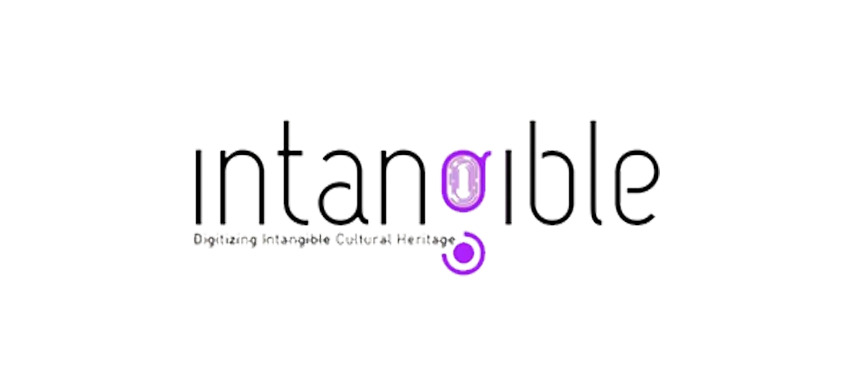
INTANGIBLE
Digitizing Intangible Cultural Heritage Amidst The Digital Shift
With the rapid digitization of sectors across the globe due to international lockdown measures, came the subsequent increased demand in professionals working in digital sectors. As these shifts into digitization progress steadily, so do the skills required in various professional sectors such as the Cultural Creative Industries, which now require abroader understanding of information technology and technical skills.
The digitization of cultural heritage and the development of digital archives have increased the need for appropriate technical strategies to aid access to and effective use of these collections.
Consequently, for individuals working in the cultural sector it is imperative to develop the necessary digital competencies which will allow them to connect with the public in accessible, innovative ways. Creating a learning environment where digital, cultural, and archiving professionals work together to bridge the gap between culture and the IT sector is a pivotal step towards building innovative and accessible professional skills across Europe.
With this in mind, there is no specific national/regional policies on the digitization of intangible heritage in a European framework. Although the implementation the International Convention for the Safeguarding of the Intangible Cultural Heritage (UNESCO, 2003) established some strategies surrounding ICH digitization, it stands as the only guidance on the subject.
The established common national needs are follows:
- Defining and recognizing comprehensive curricula to reinforce core competencies of VET and C-VET users in digital themes.
- Starting with a shared definition, develop specific systematic methodologies and procedures for digitization, presentation, and preservation of intangible cultural heritage.
- Contributing to public consciousness and understanding of shared cultural heritage.
As a result, the project’s goals are adapted to satisfy these needs:
- A study of the methods, templates, and models suitable for intangible cultural products will be conducted to define a standardized framework used by the partner participating countries in digitization, presentation, and preservation of intangible cultural heritage. The implementation and development of appropriate training in cultural heritage digitization would aid the digital shift and the consequent need to encourage innovation in the cultural sector, aiding the application of these digital skills in their professional lives.
- Developing curricula on principles and methodologies for digitizing intangible cultural heritage and delivering them through a virtual learning platform to enhance the education and practical skills of the target groups; VET users.
- Developing an accessible and creative training curriculum, content, and e-tools for less time-consuming and cost-effective learning and teaching. The project’s training results will assist trainees in improving their digital skills in preparation for a work environment that is becoming increasingly standardized. These capabilities allow CCIs to efficiently manage global information and applications in order to provide education, entertainment, and enhance the learning experience between digital and onsite spaces to address the needs of individuals or groups.
- The project outcomes will be adapted to different educational levels for trainers and learners, with the objective of equipping participants with the appropriate skills for digitization of ICH at a variety of levels for successful professional realization. In addition, the training route will be structured in accordance with the EQF frames and principles to ensure its identification and validation. The transnational dimension is critical for achieving these goals and carrying out project activities effectively since each partner’s skills and abilities will significantly contribute to the production of this innovative methodological fusion by addressing challenges that have arisen in the participating countries
| Organization Name | Country |
|---|---|
| COMPLEXUL MUZEAL NATIONAL MOLDOVA IASI. | Romania |
| ACADEMIA ROMANA FILIALA IASI | Romania |
| INNOVATION HIVE | Greece |
| UDRUGA ZA RAZVOJ URADI SAM KULTURE RADIONA | Romania’ |
| STANDO LTD | Cyprus |
Disclaimer: This project has been funded with support from the European Commission. This publication reflects the views only of the author, and the Commission cannot be held responsible for any use which may be made of the information contained here.

